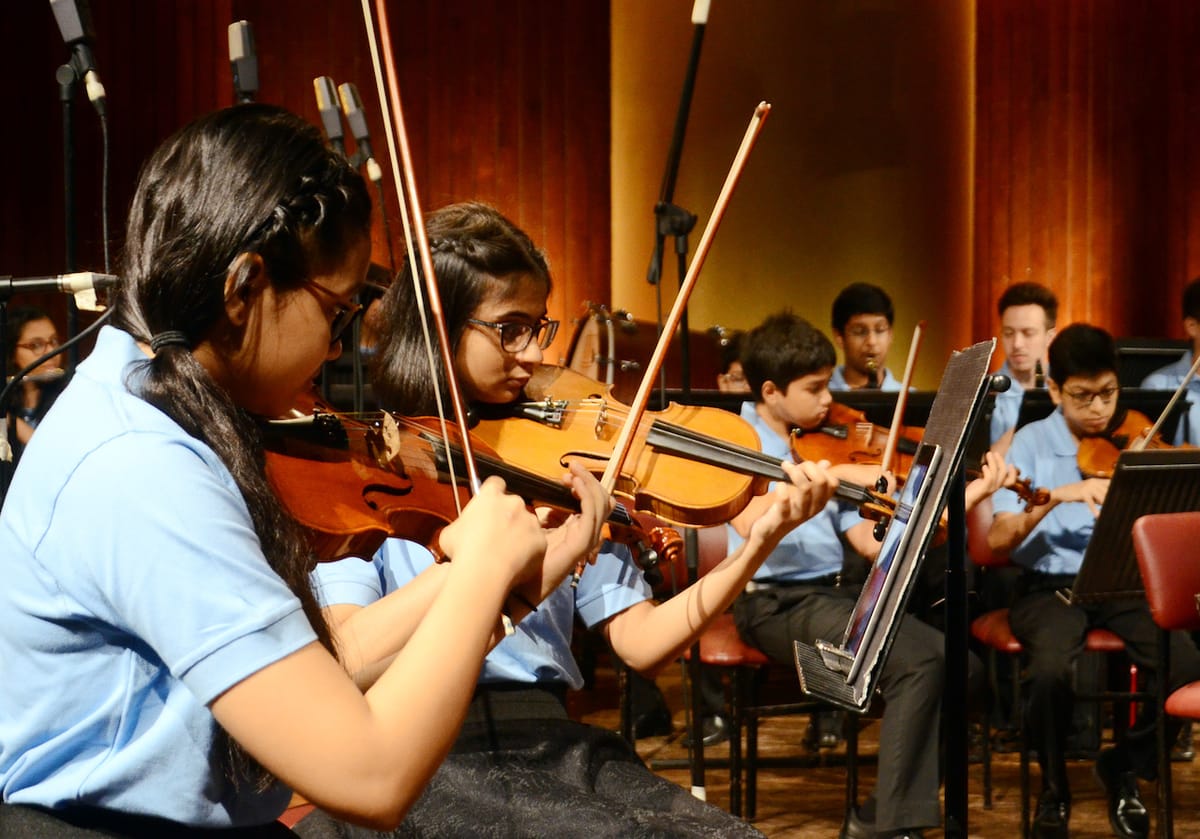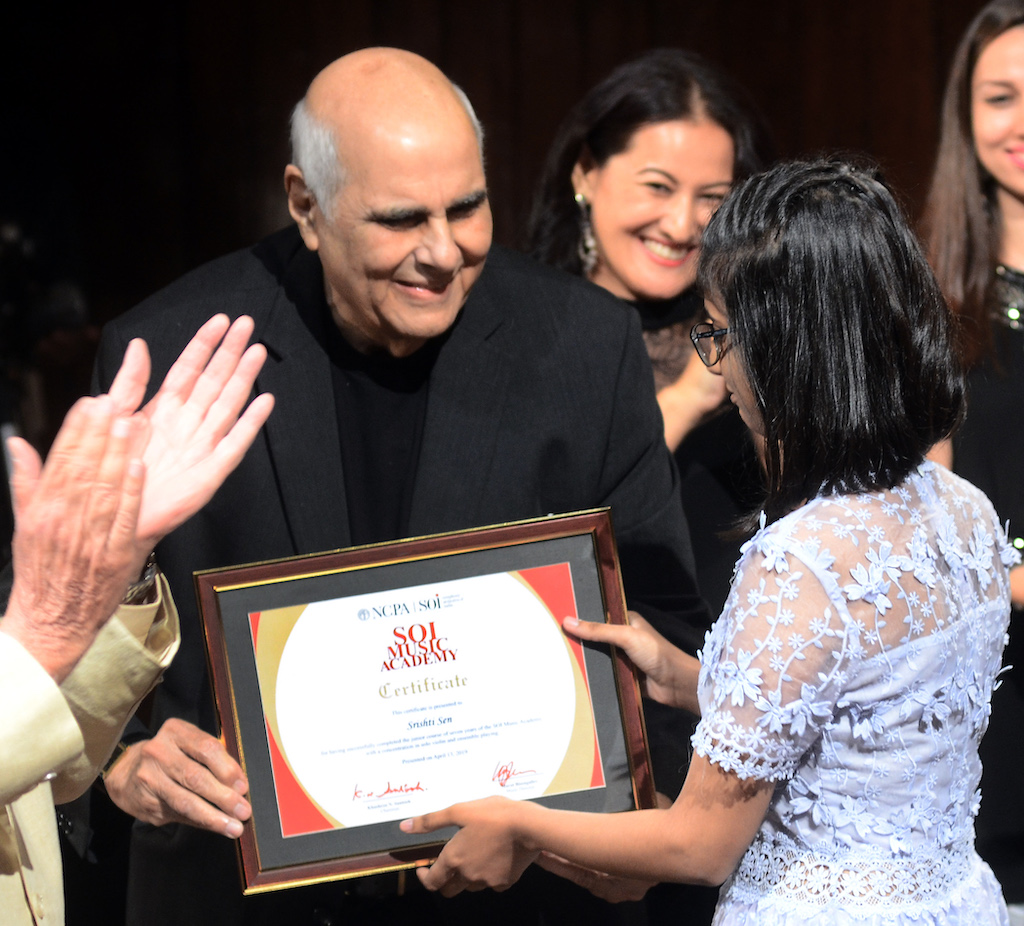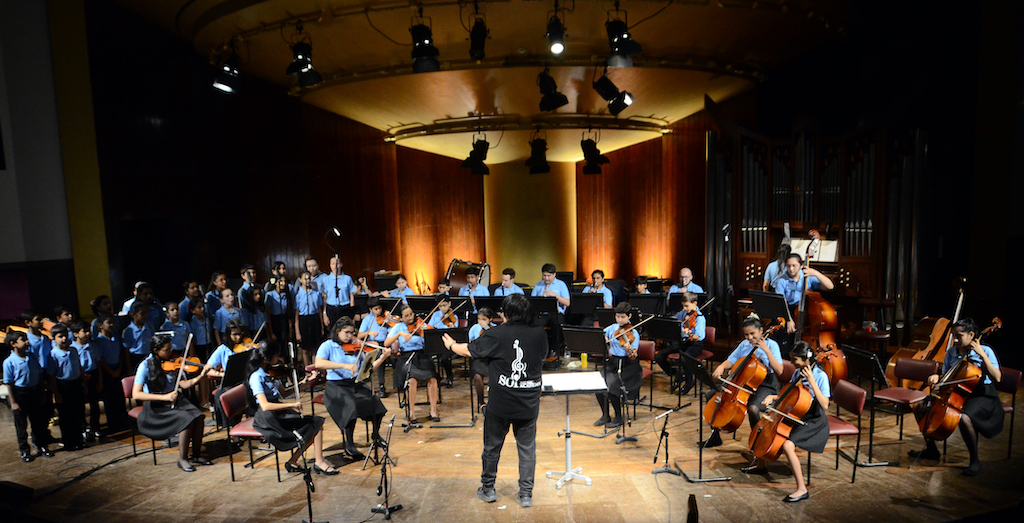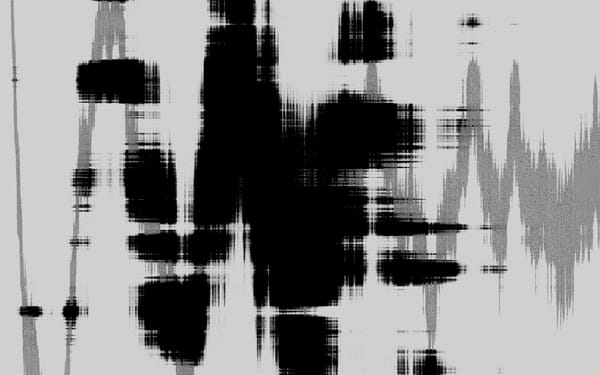A Vital Education

The SOI Music Academy has been training students in Western classical music for ten years and the results have been nothing short of fascinating. We look at how far the academy has come and where it plans to go.
In 2006, in a concert hall somewhere in London, Mr. Khushroo N. Suntook, Chairman, NCPA, was so moved by a concert performed by world renowned violinist Marat Bisengaliev that he walked up to him and invited him with his orchestra to India. Bisengaliev, who isn’t new to taking risks, came down to Mumbai, performed here and eventually, embraced an opportunity that then altered the course of his life as well as that of the NCPA.

Now 16 years old, the Symphony Orchestra of India has built a reputation not only for its quality but has also helped evolve an audience in a country that has been less exposed to Western classical music. To further this cause, the SOI Music Academy, formerly the NCPA Special Music Training Programme, was launched in 2012 to offer an advanced level of music training, which was previously unheard of in the country.
The right notes
“Before we started out, we had to go through a lot of preparation. We had to get the right instruments and the right teachers,” Bisengaliev, SOI Music Director, tells me over a phone call one afternoon as he tries to explain the long gap between the formation of the orchestra and the academy. He had just been looking at old photographs of the students of the academy before our call. “Nine years passed in a blink. These students were all so tiny when they started at our academy and now, they brush shoulders with or are even taller than our teachers. I am really happy to see how they have grown as musicians, to watch them evolve over the years,” he says.
The SOI Music Academy offers one-to-one tuition on the student’s primary instrument, as well as second-study piano lessons, music history, music theory, group-singing teaching via the Solfeggio method, as well as training in orchestral playing, chamber music and choir. The academy currently offers lessons on all the string instruments, select woodwind and brass instruments, piano and percussion. For a while, the pandemic had forced classes to migrate to the digital realm yet Bisengaliev says with pride how he was pleasantly surprised to see that the kids had developed their talent even through e-learning.
Music speaks all tongues and has a unifying effect irrespective of nationalities or religion and this is one reason why the arts must not be relegated to the background even in times of peril and distress. The academy has a roster of teachers of various nationalities, and their 11-year course is split into seven and four years. Over the years, the academy has produced promising graduates, some of whom have secured admission at leading international music schools, which Bisengaliev says indicates the quality and competitive spirit with which the academy equips its students.
Quality over quantity
“For me, the goal is to not just create musicians, but to create professional musicians who can play in an orchestra,” says Bisengaliev, highlighting the unique approach of the academy that trains students not only as soloists but also as orchestral players. He adds:
“We are looking for quality, not quantity. We don’t want to go beyond 50 kids at any given time. That is one reason why the exams are tough because it is necessary to maintain the standards. We also make sure to give equal importance to music theory and history.”
When I am halfway through this story, I see a name scrawled on the corner of my notes—Ayaan Deshpande. Bisengaliev has spoken about the wonder that is this seven-year-old boy. A video of him performing has been shared with me. I watch him play the piano with the poise and pursuit of perfection that belie his age. To my surprise he plays Chopin, whose nocturnes I listen to while writing. I write the rest of this piece while listening to little Ayaan play Chopin, Bach and Debussy.
Strong foundations
Bisengaliev believes that teachers are the foundation of the academy. He considers the institution blessed with a very good combination of teachers. “Being a good player and a good teacher are different things and often it is difficult to find someone who fits both roles,” he says. Bisengaliev had to try many permutations before arriving at what he now calls his perfect staff. He tells me that he has had to even bid adieu to some great musicians because not everyone who can play well can teach well.

The academy has around 20 teachers, some of whom, like violist Osman Yarullin, are part of the 2012 founding team. “I have been teaching at the academy since it first started. Every year our students evolve, they participate in the recitals. They perform as soloists with the SOI Chamber Orchestra. Our students also participate in various international competitions and win top prizes,” he says.
When asked about the academy’s success story, Bisengaliev is quick to respond, “I don’t like to boast. The choir will be presented in April for the first time, and I am sure people can judge its quality from the performances. For me, it is important to steer the academy in the right direction, and a constant challenge has been to find the right teachers.”
New directions
Vocal educator Olga Vykhodtseva, the newest teacher in the academy, arrived in Mumbai in February 2021 and started taking online classes soon after. Virtual learning has its demerits but for Vykhodtseva it provided the opportunity to get to know each student individually, hear and appreciate the beauty of their voices. It was only a year later that she met her students in person for the first time when rehearsals of the choir began. “Choir classes are an integral part of musical education. The choir makes it possible to practically apply the knowledge gained in the lessons of Solfeggio, music theory, lessons in the specialty, music history, as well as developing the voice as an independent instrument. And the most important part is the education of working in an ensemble (which makes it close to the workings of an orchestra)—dynamic balance, rhythmic organisation and precise intonation, timbre fusion, search for vocal colours and much more. I am glad that the students love to sing and do so with great enthusiasm. They are always ready to help each other,” she says.
Through initiatives like these, the SOI Music Academy aims at cultivating the musical prowess of the future generation. As I finish the piece, Ayaan is playing Bach. His fingers waltz on the keys and his shoulders and head hunch in a strange arc of concentration and contemplation. It is unbelievable how at such a young age he is able to fathom the musicality of Bach. I wonder what runs in his mind as he plays a piece that was composed in the 1700s. It reminds me of what German philosopher Josef Pieper said in a speech during the intermission at a Bach concert in the 1950s, “Not only is music one of the most amazing and mysterious phenomena of all the world’s miranda, the things that make us wonder… music may be nothing but a secret philosophising of the soul.”
Student account: Jai Damani, clarinet
“In one of our classrooms, there was a poster of an iceberg, where the tip of the iceberg symbolised others’ impressions of a musician’s work and the hulking part of the iceberg below water represented the amount of work needed to see the tiny tip above. This visual metaphor has always stuck with me and perfectly encapsulates my journey at the NCPA. I was drawn to it when my parents took me to an SOI concert and I witnessed the passion and beauty with which every member of the orchestra played. Their music moved me immensely. Since then, the NCPA has been a second home.
Having come here almost every day, I didn’t notice the hours tick by as I repeatedly tried to play one perfect bar. And I wouldn’t have wanted it any other way. My teacher, Mr. Ruslan Galilov, despite suffering through my initial cacophony, taught me how to feel the music. He always created stories to convey the emotions of the piece and uncovered, for me, the power behind the notes. Orchestra rehearsals taught me that, contrary to the adage, too many cooks may actually make the broth perfect.
Every time I took to the stage, I would feel the frisson in every vein. All those hours practising and working, forcing friends and neighbours to listen to my mistakes, it was all about to come to fruition. One of my most cherished memories was when Mr. Marat Bisengaliev gave me the opportunity to perform with the SOI. I had come full circle to the very event that drew me to start playing the clarinet. I remembered sitting on stage, right before we started and taking a deep breath. A feeling of exhilaration replaced the fear. I had done it.”
Student account: Sangeeta Jokhakar, violin
“Music has always been something that grounds me. I was introduced to the world of classical music through my school, as a part of the NCPA’s Suzuki violin training programme. After three years of learning at the Suzuki programme, I joined the SOI Music Academy. Since then, Miss Gulzara Shakir has been my teacher.
When I joined the academy, I held the bow wrong and the neck of the violin too tight. Miss Gulzara was patient with me, we started with open strings, learning how to hold my bow slowly and steadily, and ease my grip. She helped me find my tone, sound and hone my musicality. The relentless enthusiasm and care with which she has taught me has become an integral part of my motivation to keep going and practising.
Mr. Marat Bisengaliev, the head of the academy, pushes us to a standard that respects our potential, for which I am grateful. In 2019, along with other graduating students, I was given the opportunity to play with the SOI. It was an enriching experience and will remain one of my most cherished memories.
I have participated in two international youth music competitions, winning first place and then second place in solo violin categories, only and only because of Miss Gulzara. The academy has always given equal importance to orchestral and chamber music as it does to solo pieces. We have a sense of community with our peers, cheering each other on backstage during each of our concerts. The performance opportunities we receive at the NCPA have knit us together.
I am in the tenth grade. It has been particularly difficult to juggle music and academics. My teacher and the administrators at the academy have been incredibly patient with me, understanding the pressure of this year. We have worked around my academic responsibilities and requirements.
I may sound melodramatic, but without music I would be a vastly different person. Music has taught me empathy, humility and confidence; that I don’t think I would have learnt otherwise. It has also taught me the importance of consistent effort. Practice is useless if it’s not regular. When I start learning a new piece, it will not be up to the mark, not even close, but it is within my power to get it there.
I have always planned on pursuing music parallel to my academics. No matter what I end up doing in life, I will never leave my music behind. I would not be anywhere without it. To anyone stepping into the world of music for the first time, be kind to yourself, find joy in it. It is impossible to achieve excellence, be it personal or otherwise, without loving the process. When you pick up your instrument, do it with a smile.”
By Akshaya Pillai. This piece was originally published by the National Centre for the Performing Arts, Mumbai, in the April 2022 issue of ON Stage – their monthly arts magazine.






